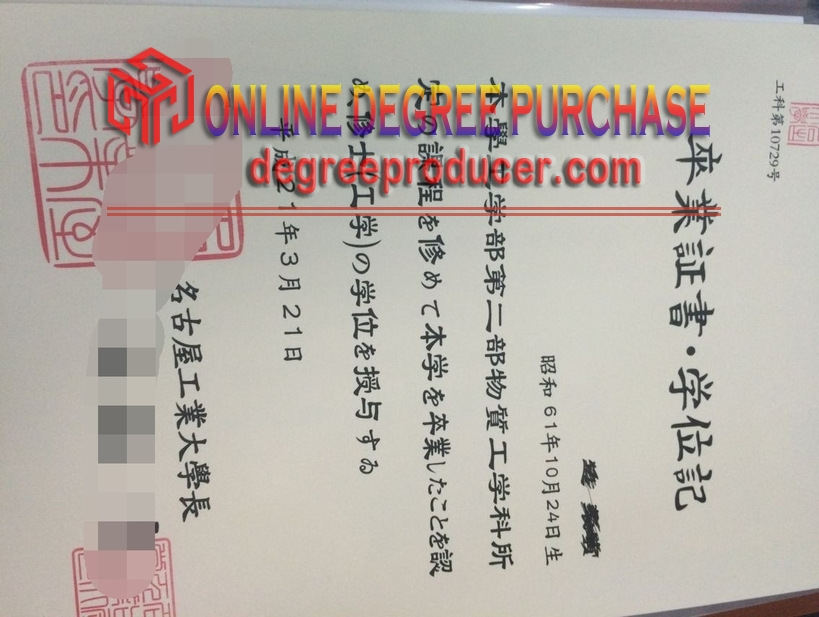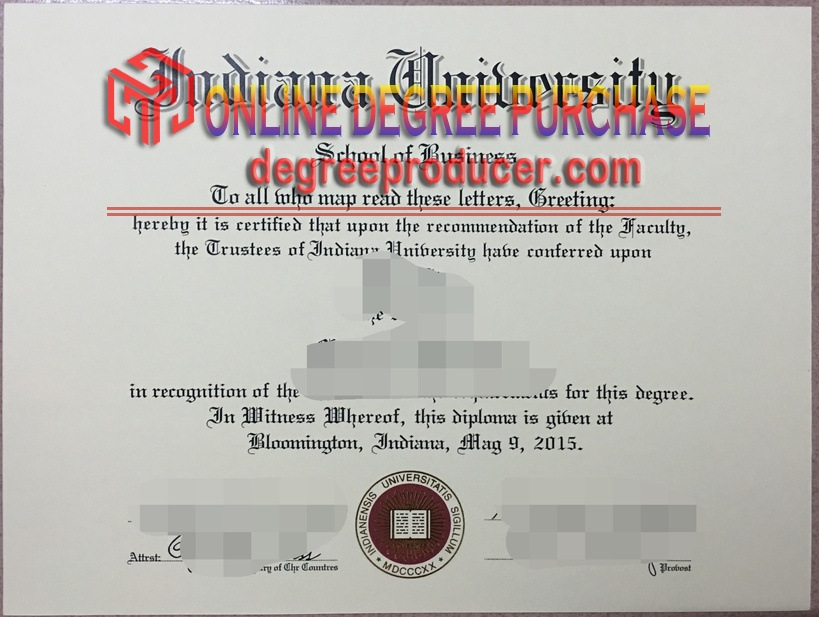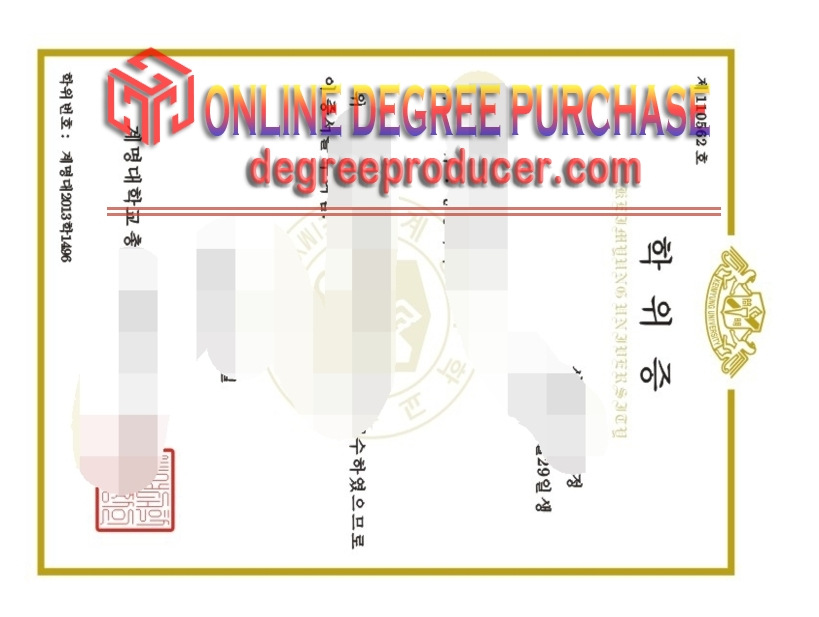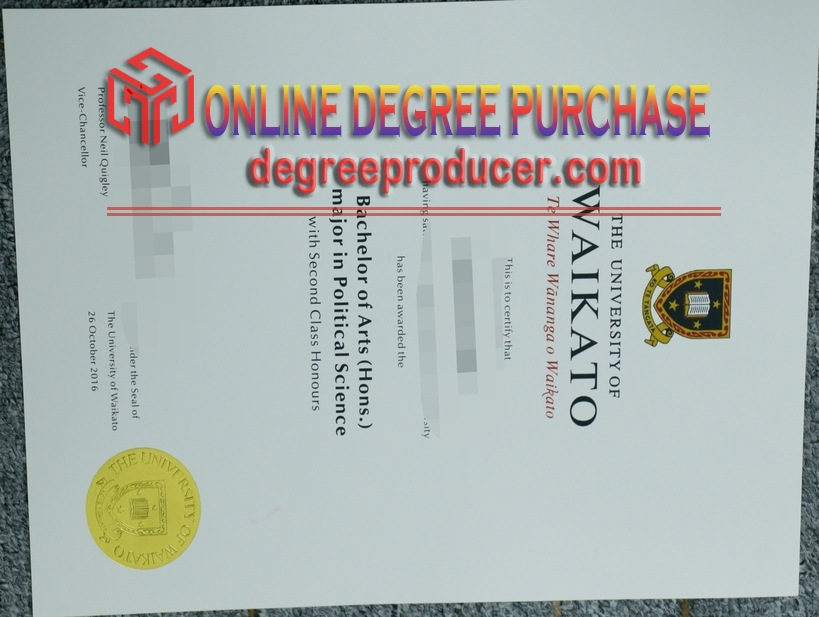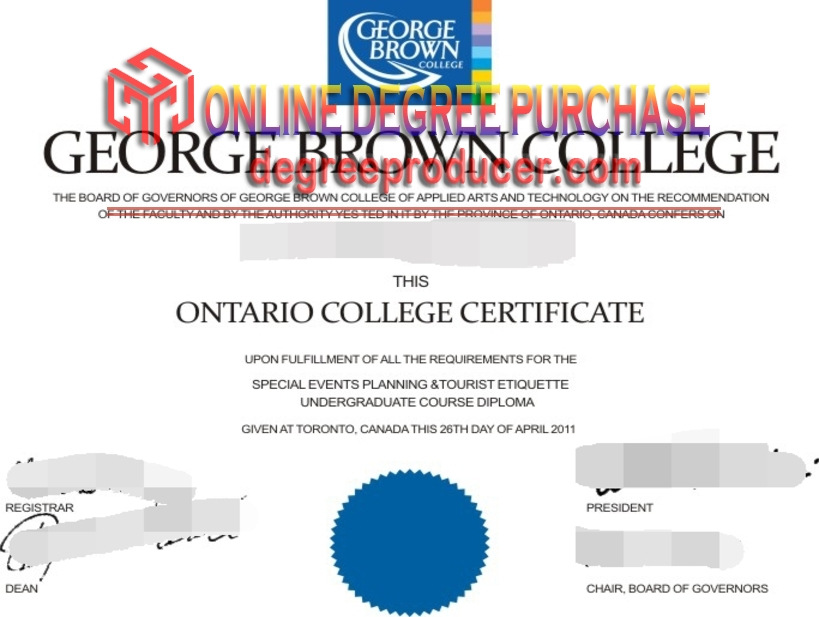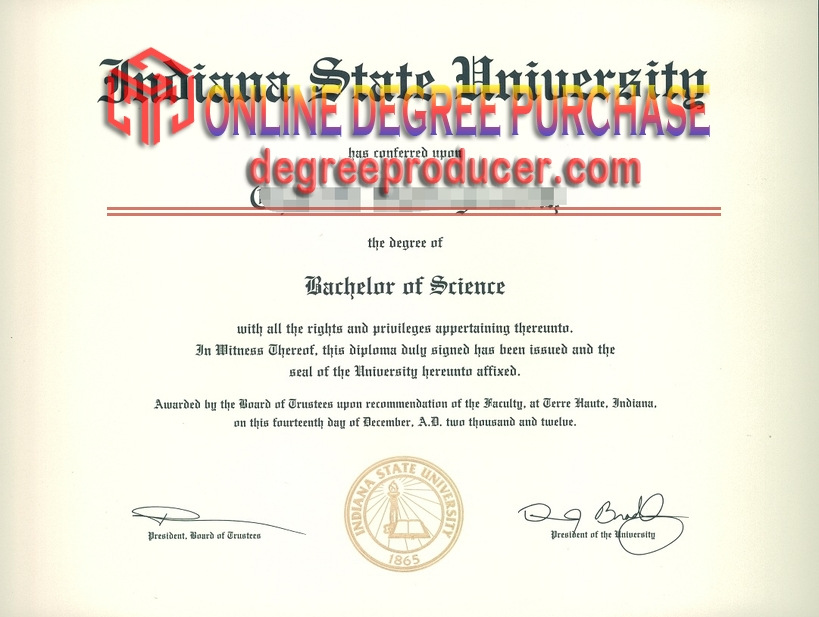Copy, Fake, or Genuine? The Quest for a University Degree in the Digital Age
Introduction
In today's fast-paced world, obtaining a university degree is often seen as the key to success. However, with advancements in technology and the rise of online learning platforms, many are questioning whether degrees can be "copied" or even "faked." This blog post explores the nuances between copying, faking, and genuinely earning a university degree.
What Does It Mean to Copy a University Degree?
When we say someone "copies" a university degree, it often refers to the process of completing courses through online platforms like Coursera, EdX, or Udemy. These platforms offer structured curricula that are recognized by universities and provide students with certificates upon completion. Students can "copy" the experience by following pre-set modules without having to attend traditional lectures. While this method may not fully replicate the on-campus university experience, it still offers valuable learning opportunities.
Key Points:
- Structured Curriculum: Many online courses follow a structured curriculum similar to those in universities.
- Recognition: Certificates from these platforms are often recognized by employers and educational institutions.
Faking a University Degree
"Faking" a university degree can be interpreted as obtaining one through less conventional means. This might include enrolling in diploma mills or purchasing degrees from online providers. Diploma mills are institutions that award degrees based on limited course requirements, often without rigorous academic standards. While these degrees may not hold the same weight as traditional ones, they can still offer a sense of validation to those who pursue them.
Key Points:
- Diploma Mills: Institutions that award degrees with minimal academic rigor.
- Online Providers: Companies offering pre-made degree packages.
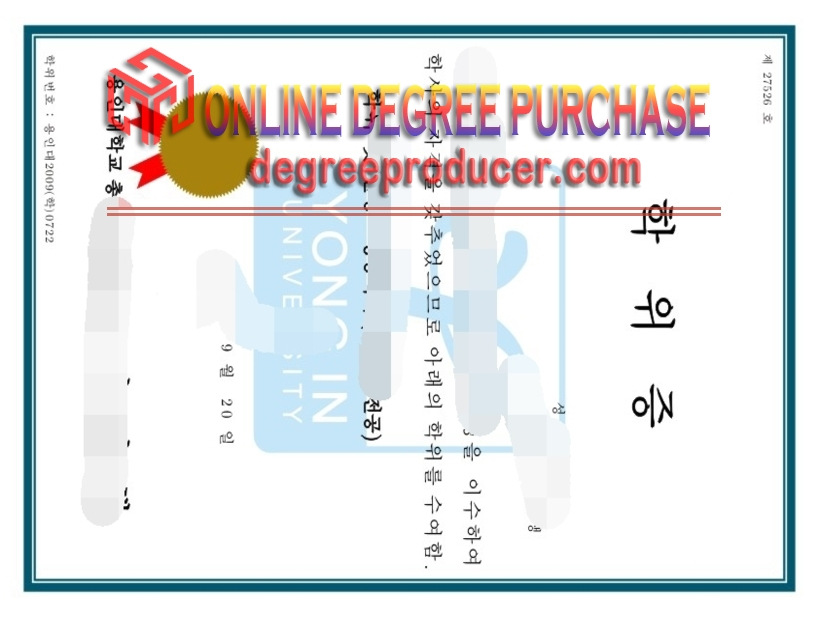
The Quest for a Genuine University Degree
A genuinely earned university degree involves full-time or part-time enrollment in accredited institutions, where students complete required courses and meet specific academic criteria. This process includes attending lectures, participating in discussions, and submitting assignments. While the traditional route may take longer and require more effort, it offers a comprehensive learning experience that can be hard to replicate.
Key Points:
- Accredited Institutions: Universities recognized by educational authorities.
- Rigorous Academic Criteria: Structured requirements for degree completion.
Conclusion
In summary, "copying" a university degree refers to the use of online platforms and structured courses. "Faking" a degree involves enrolling in diploma mills or purchasing pre-made degrees. A genuinely earned degree requires enrollment in accredited institutions with rigorous academic criteria. Each method has its pros and cons, so individuals should choose based on their learning style and career goals.
Conclusion
Whether you "copy," "fake," or genuinely earn your university degree, the key is to align your educational path with personal and professional aspirations. The digital age offers multiple pathways to achieve a similar outcome, making it more accessible than ever before.
Keywords: Copy Fake Yong In University Degree
- By admin
- April 8, 2025


%20Degree.jpg)
